An Israeli air strike on a school in Gaza in the early hours of Saturday morning has once again triggered an information battle in the narrative of the war. Shortly after the strike, the Hamas-controlled government and media-affiliated service reported that there were 100 dead, including women and children. According to Israeli sources, the Israeli Defense Forces took measures to minimize civilian casualties, including using precision weapons to strike the building, which had been used as a shelter. The IDF says that according to evidence obtained from the scene, both the number of casualties and the scale of destruction had been exaggerated.
Saturday’s targets were Hamas and the Palestinian Islamic Jihad terrorists, including senior Hamas members, that had, according to the Israeli authorities, been using the school as a base of operation. According to IDF sources, terrorists were present on the men’s floor of a mosque located within the complex, and the strike was done after verifying that women and children were not in the vicinity.
However, the attack has quickly led to widespread condemnation of Israel — with barely any criticism of Hamas. The terror group’s use of civilians as human shields and their use of civilian facilities, including schools, mosques and hospitals, for terrorist activity has been a long-term method for two main reasons.
The first is that it restricts the IDF’s ability to get at the terrorists. Planned attacks are often abandoned because the chance for large-scale civilian casualties is expected to be too high. The second reason is that the international media, the public and politicians, tend to criticize Israel when it strikes, rather than point the finger at Hamas for using these tactics. It therefore helps Hamas by reducing support for Israel, especially among those with little or no understanding of urban warfare or the intricate history and geopolitics behind the conflict between Israel and the Palestinians.
France has condemned the strike, and said that “for several weeks, school buildings have been repeatedly targeted, with an intolerable number of civilian victims.” The European Union foreign policy chief Josep Borrell, who is a firm critic of Israel, said that “there is no justification for these massacres.” Turkey, which hardly has a clean slate when it comes to human rights abuses, has called the strike a “crime against humanity.” Russia, Egypt, Saudi Arabia and others voiced similar views. No word was said about Hamas or that their use of schools is the reason such buildings are targeted by the IDF. British foreign secretary, David Lammy, was, however, far more balanced. He criticized Israel but also held Hamas to account by calling on them to stop endangering civilians.
In fighting terrorists that have managed to market themselves to the world as “freedom fighters.” Israel has once again lost the PR war. This is despite the fact that a Palestinian state existing peacefully alongside Israel isn’t and has never been a goal of Hamas, and despite the terror group’s cynical exploitation of the tragedy experienced by Palestinian civilians.
Israel now has a dilemma. If it stops targeting terrorists that hide behind civilians in Gaza, it will not be able to fight Hamas. If it continues to target them, it will be subjected to growing criticism that has an effect on the support Israel receives from allies, whether military or moral in the face of decisions taken against it by the United Nations and the International Criminal Court.
Hamas hopes that Israel will be pressured into dropping the pursuit of its members. This will allow them to continue to rule Gaza and to carry on their campaign of terrorism against Israel with the ultimate goal of annihilating it. So far, it seems that many onlookers, among them Middle Eastern and Europes countries, are playing right into the hands of terrorists.
This article was originally published on The Spectator’s UK website.



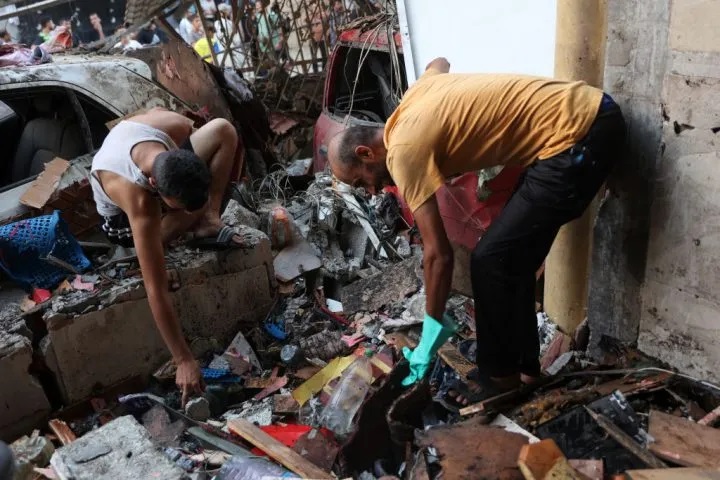








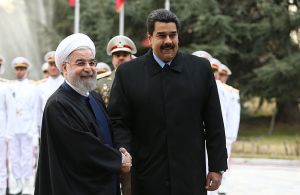


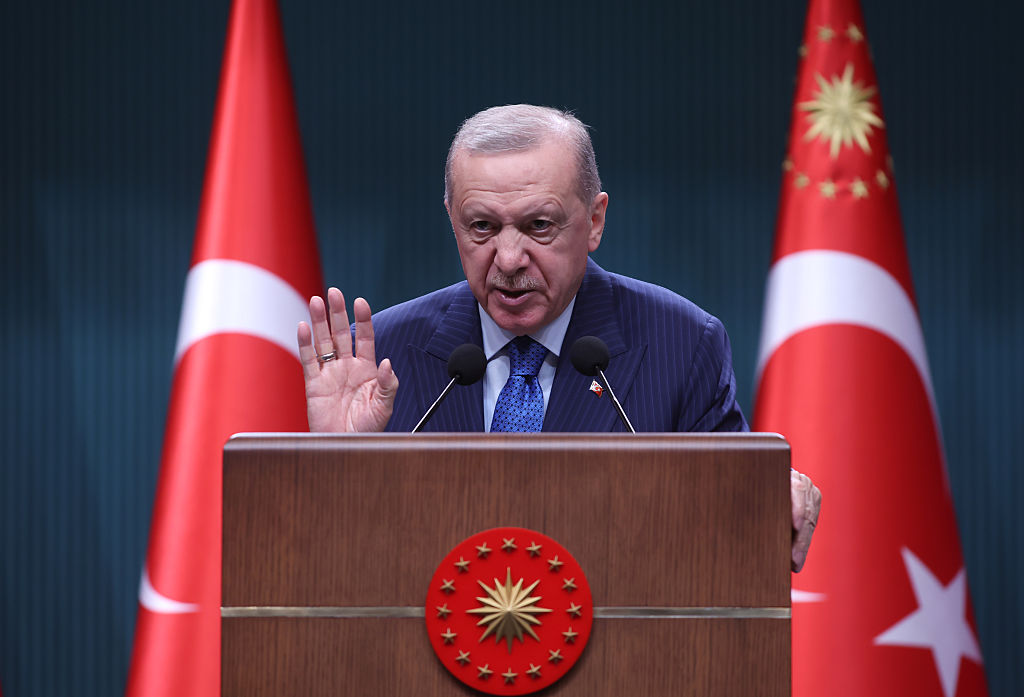

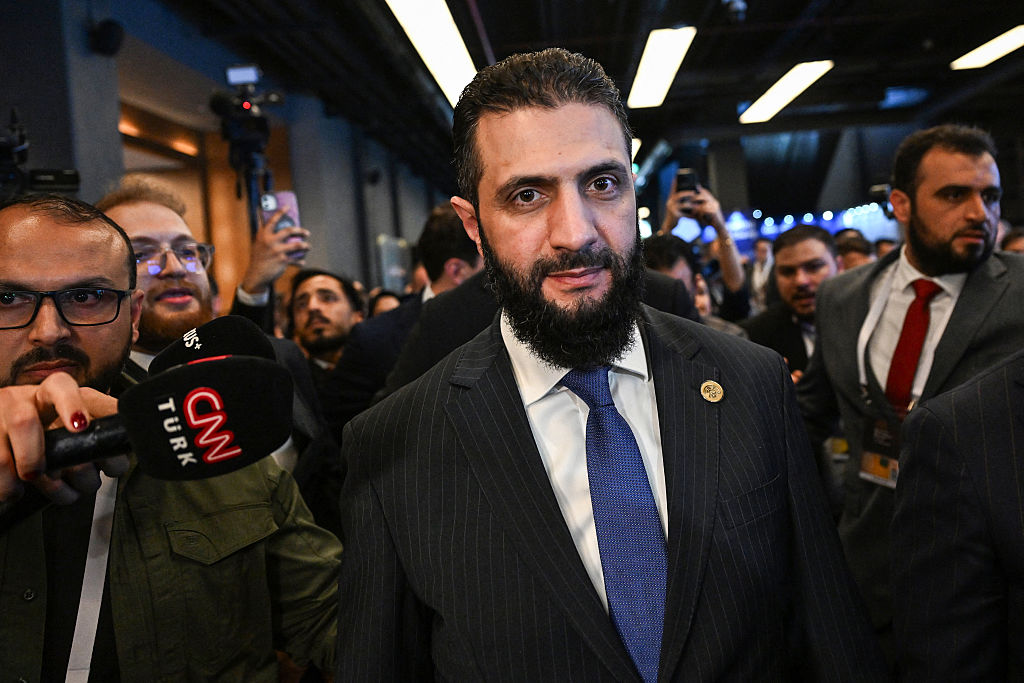
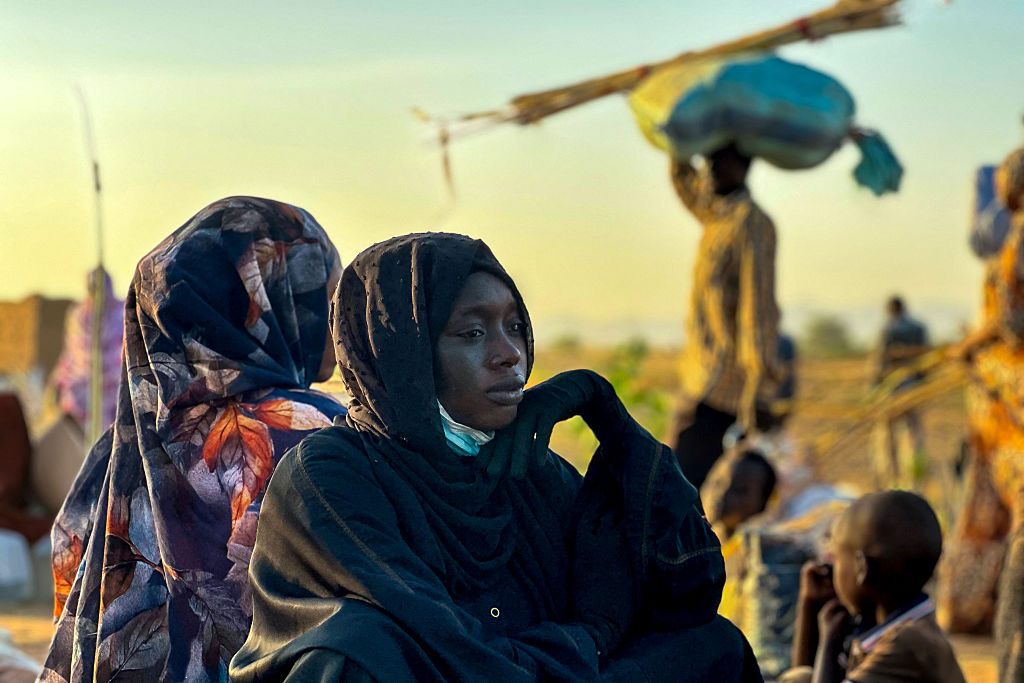







Leave a Reply